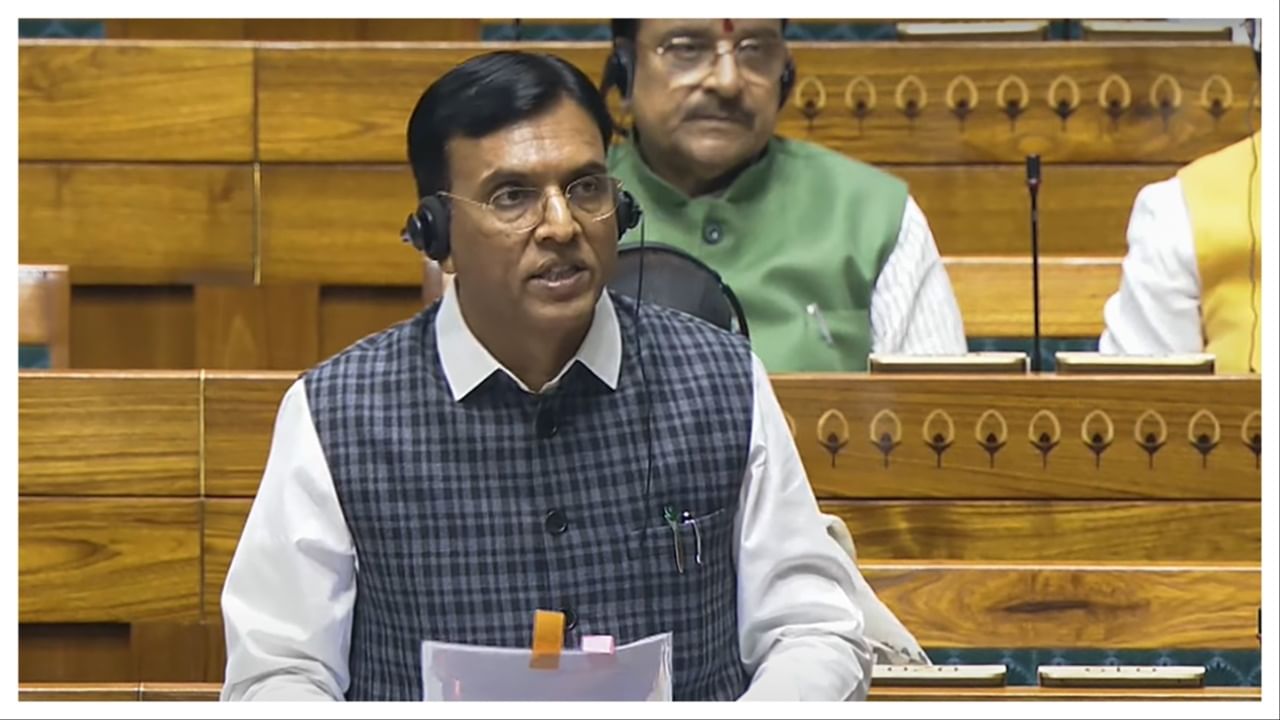New Delhi: Should the National Sports Governance Bill be passed the way it has been tabled in the Parliament on Wednesday, it will alter the electoral process of national sports federations (NSFs) in a significant way.
Keeping India’s intention the bid for the 2036 Summer Olympics in mind, the bill has been formulate to transform the landscape of sports governance in the country.
Over 350 litigations and numerous instances of infighting has often put a logjam to the smooth functioning of federations that offered limited scope for transparency and accountability.
Through the 30-page bill that the ministry prepared after feedback from all stakeholders, the Union government has pushed for streamlining of the NSF’s functioning.
The bill will supersede that National Sports Development Code of India, which was formed in 2011 to establish good governance practices for NSFs.
Relxed norms for election eligibility
Sports minister Mansukh Mandaviya tabled the bill at the Lok Sabha, in which key criteria of term-limit and age cap has been relaxed.
“A person shall not be qualified to contest for election or seek nomination to, the Executive Committee, unless — (b) such person is a sportsperson of outstanding merit or, has previously served as a member of the Executive Committee for at least two full terms, if such person is contesting election for the position of the President or the Secretary General or the Treasurer: Provided that a person may continuously hold the position of either the President or the Secretary General or the Treasurer, as the case may be, for up to three consecutive terms separately, or in combination thereof and shall be eligible for election to the Executive Committee after a mandatory cooling off period of one term,” it is written in the Bill, a copy of which is with News9Sports.
“Provided further that any person, aged between seventy and seventy-five years, may contest elections or seek nominations, if permitted by the International Charters and Statutes and the bye-laws and in case such person is elected, he shall serve for a full term.”
🔴 खेळाडूंवर विश्वास ठेवणारी प्रणाली. संरक्षण करणारा, सामर्थ्य देणारा आणि समावेशक असा कायदा. राष्ट्रीय क्रीडा प्रशासन विधेयक २०२५ भारतीय क्रीडा क्षेत्रात स्वप्न पाहण्याची व्याख्या नव्याने मांडणार आहे. संपूर्ण जगाचे लक्ष भारताकडे आहे… आणि भारत सज्ज आहे.🇮🇳#SportsBill2025… pic.twitter.com/5YhcxBEDL6
— PIB in Maharashtra 🇮🇳 (@PIBMumbai) July 23, 2025
These clauses are in contrast to the Sports Code that allowed three terms but only after a cooling off period following completion of two terms for the president, treasurer and secretary’s posts.
It could allow the BCCI president Roger Binny to remain in his position despite crossing the 70-year age limit while making the AIFF chief Kalyan Chaubey ineligible to contest elections.
Formation of regulatory body and tribunal
Women’s representation in the executive committee was made compulsory with at least four members including two sportspersons of outstanding merit, in order to bring more gender parity in governance.
The strength of the Ex Co has been limited to 15 with guranteed female presence, which wasn’t mandatory in the Sports Code.
However, the creation of a regulatory body, named the National Sports Board, could be contentious as it will oversee NSFs and even have power to recognise or de-recognise federations depending on their fulfilment of Bill norms.
The IOA president PT Usha has already flagged it, pointing out that it could invite be viewed as government ‘interference’ as invite bans from international sports federations.
Similarly, formation of the National Sports Tribunal to judge on sporting disputes and the National Sports Election Panel to oversee polls could lead to eruption of controversy.
